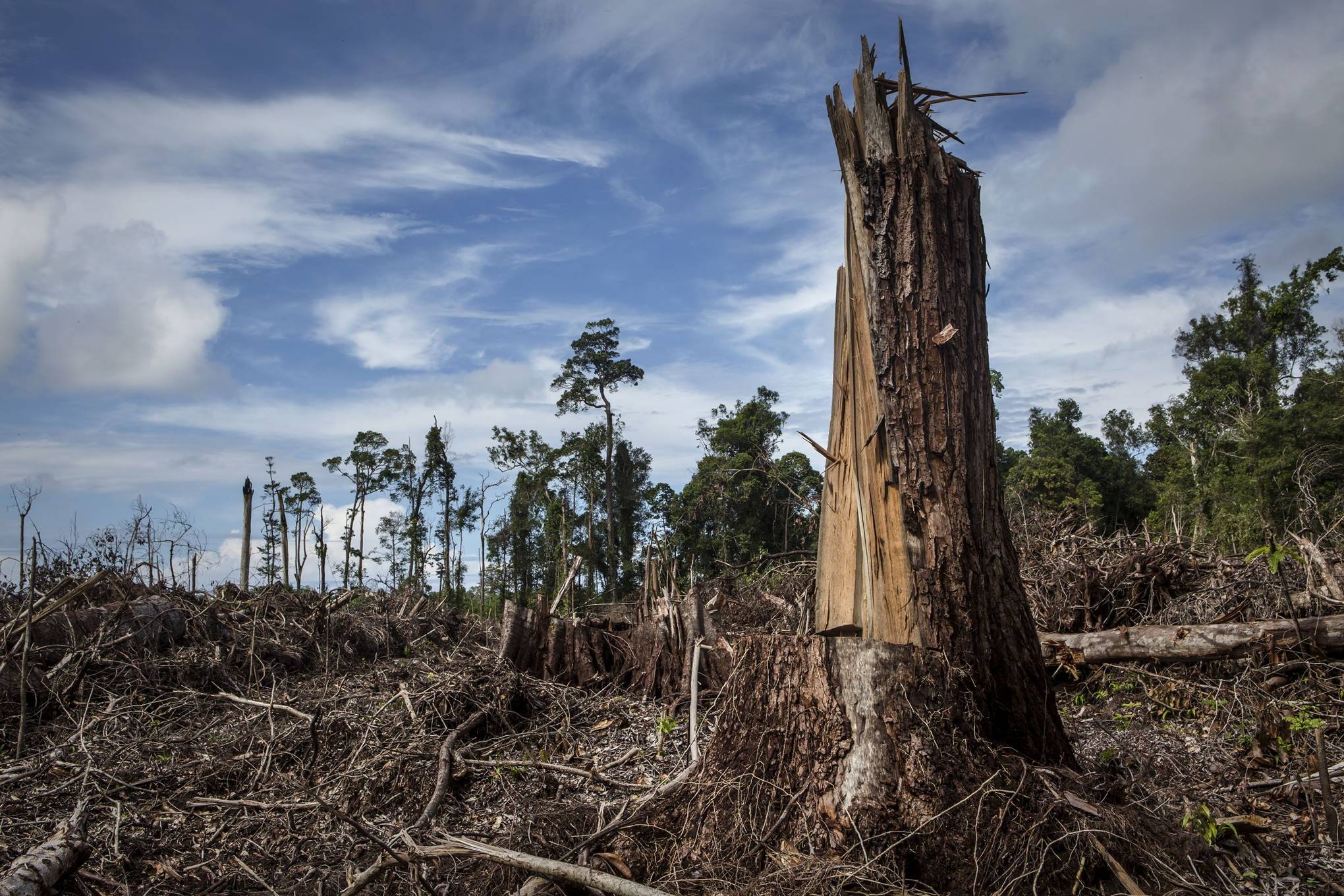11 Dec 2024

Tired Earth
By The Editorial Board

Climate scientists and researchers are sounding the alarm on how human activity is driving an unprecedented number of species into extinction that are critical for human survival. While reports in the past have painted a grim future for Earth, this one is a United Nations assessment, spearheaded by the Intergovernmental Science-Policy Platform on Biodiversity and Ecosystem Services (IPBES), and is by far the most comprehensive of its kind. The 1,500 page report will be published later this year, but a 40-page summary was published at a meeting in Paris on Monday.
“The overwhelming evidence of the IPBES Global Assessment, from a wide range of different fields of knowledge, presents an ominous picture,” said IPBES Chair, Sir Robert Watson, in a statement. “The health of ecosystems on which we and all other species depend is deteriorating more rapidly than ever. We are eroding the very foundations of our economies, livelihoods, food security, health and quality of life worldwide.”
The report has been three years in the making, cost nearly $2.4 million, and has been compiled by hundreds of international experts and thousands of studies. According to its findings, species loss is accelerating possibly hundreds of times faster than it has in the past. More than 500,000 land species “have insufficient habitat for long-term survival, are committed to extinction, many within decades, unless their habitats are restored,” the report said. Researchers say this is not merely a matter of preserving the existence of other lifeforms, but note that the future of humans could depend on preventing mass extinction.
“Both nature and nature’s contributions to people are vital for human existence and good quality of life (human well-being, living in harmony with nature, living well in balance and harmony with Mother Earth, and other analogous concepts),” the report states. “While more food, energy and materials than ever before are now being supplied to people in most places, this is increasingly at the expense of nature’s ability to provide such contributions in the future and frequently undermines nature’s many other contributions, which range from water quality regulation to sense of place.”
Sandra Díaz, who co-chaired the report, said that nature which has acted as humanity’s “safety net” is nearing a breaking point.
“Biodiversity and nature’s contributions to people are our common heritage and humanity’s most important life-supporting ‘safety net’. But our safety net is stretched almost to breaking point,” Díaz said. “The diversity within species, between species and of ecosystems, as well as many fundamental contributions we derive from nature, are declining fast, although we still have the means to ensure a sustainable future for people and the planet.”
Perhaps the most difficult part to swallow is the sheer enormity of the number one million — the number of species who face extinction. The report says that Earth is “being altered to an unparalleled degree across all spatial scales.” Human activity, such as deforestation and resource extraction, is one reason for the change, but the report states that climate change — which is almost entirely human-caused too, of course — is also a major factor.
“Ecosystems, species, wild populations, local varieties and breeds of domesticated plants and animals are shrinking, deteriorating or vanishing. The essential, interconnected web of life on Earth is getting smaller and increasingly frayed,” Josef Settele, who co-chaired the report, said. “This loss is a direct result of human activity and constitutes a direct threat to human well-being in all regions of the world.”
The summary of the report concluded: “Climate change is a direct driver that is increasingly exacerbating the impact of other drivers on nature and human well-being . . . . Humans are estimated to have caused an observed warming of approximately 1.0°C by 2017 relative to pre-industrial levels, with average temperatures over the past 30 years rising by 0.2°C per decade.”
IPBES said the report will hopefully influence and motivate key decision and policymakers around the world.
“The Report also tells us that it is not too late to make a difference, but only if we start now at every level from local to global,” Watson said. “Through ‘transformative change’, nature can still be conserved, restored and used sustainably – this is also key to meeting most other global goals. By transformative change, we mean a fundamental, system-wide reorganization across technological, economic and social factors, including paradigms, goals and values.”
Source : www.salon.com
Comment